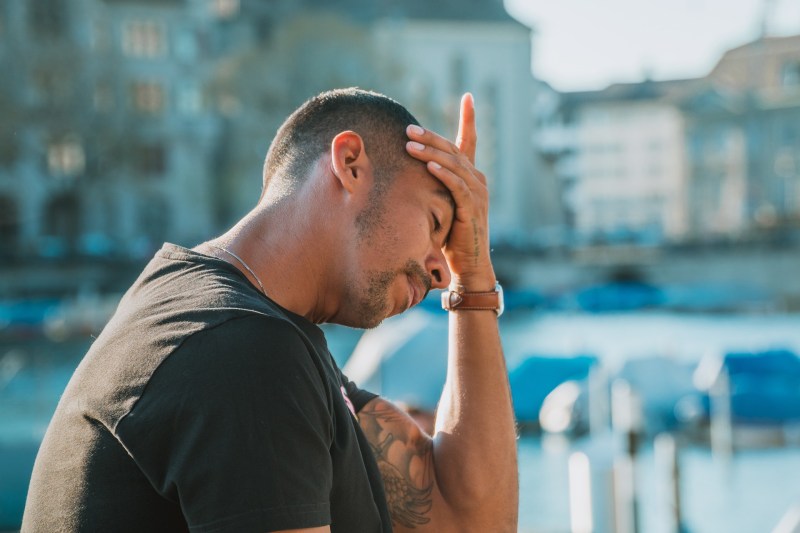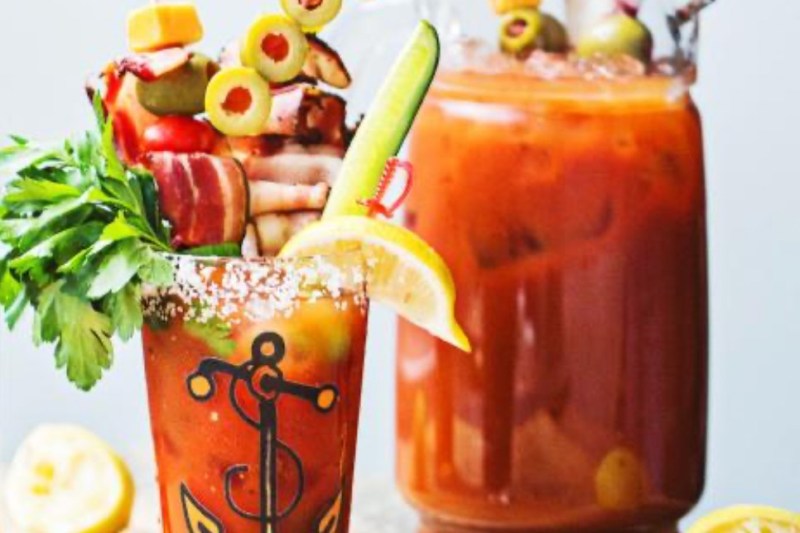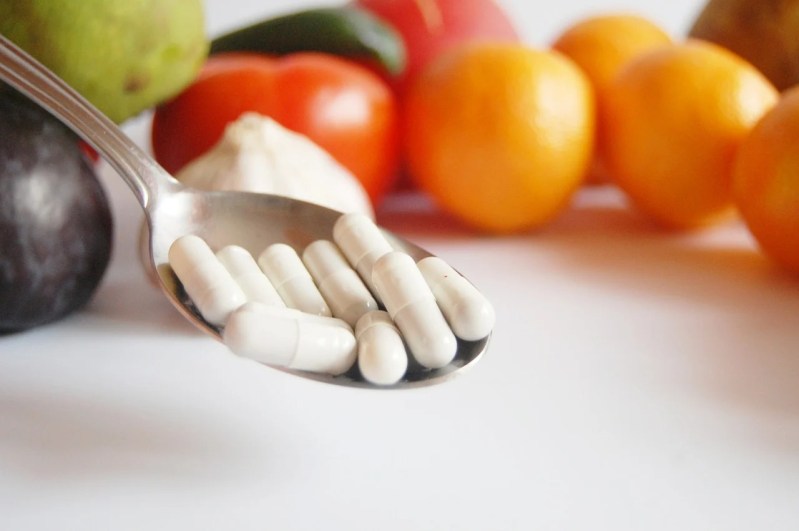
We’ve all been there. Last night’s “I’ll just have one” turned into one-too-many, and now there’s the hangover to deal with. That body-shaking, head-aching, even-my-eyelashes-hurt inevitability that comes after a certain type of good time has been had, and it’s terrible. Of course, we all have our own personal remedies. For some, it’s a big plate of biscuits and gravy. For others, it’s a hot shower and a full pot of coffee. And the “cure” most of us are guilty of in a morning of desperation – the hair of the dog. But what do the professionals have to say about these at-home remedies?
We spoke with Dr. Mahmud Kara, M.D., and Dr. Nicholas, medical editor at Centenary Edge, who gave us their professional opinions on how to cure a hangover.
What is the biggest hangover cure myth?

“‘Hair of the dog’ has become a popular, cultural term for drinking more alcohol to cure a hangover. According to a recent study, people should be cautious when considering ‘hair of the dog’ because it can worsen symptoms when you cease drinking alcohol completely, and this “cure” could potentially lead to unhealthy drinking behaviors,” says Dr. Kara.
Dr. Nicholas says, “The idea of ‘hair of the dog’ is a myth that could actually make things worse by prolonging the hangover or worsening the symptoms. It does work for some people, mostly due to a temporary increase in endorphins, but effects will vary, and I personally would not recommend it.”
In other words, while drinking to curb hangover symptoms may provide temporary relief, all this really does is put off the symptoms in the moment and pretty much guarantees they’ll be felt later and much worse the second time around. That, combined with the potential risk of developing a bad drinking habit makes this “cure” a pretty bad idea.
What steps can someone take to help relieve a hangover?

So if neverending mimosa brunches and Sunday morning Bloody Maria’s aren’t the way to go, what can we do? Here’s what the Doctors had to say:
- Drink water: “Alcohol can cause dehydration, which may lead to some of the symptoms like headache or fatigue, so it is important to drink plenty of water and stay hydrated while you drink and after drinking, ” says Dr. Kara.
- Drink electrolytes: Dr. Kara continues, “Alcohol is technically a diuretic which causes you to urinate frequently, which means losing electrolytes. The loss of electrolytes may also contribute to hangover symptoms like nausea, dizziness, or cramping. Along with water, drinking beverages that are high in electrolytes is important.”
- Eat: Dr. Nicholas tells us, “Eating a balanced meal (but particularly rich in carbs) before drinking can slow the absorption of alcohol.”
- Take natural herbs: Dr. Kara suggests, “Natural herbs like ginger, peppermint, and honey can help ease nausea and digestive symptoms associated with hangovers.”
- Get your vitamins: “Recent research has indicated that hangover symptoms may result from nutrient deficiencies, specifically Vitamin B and Vitamin C,” says Dr. Kara.
- Sleep: “Sleep is crucial for recovery,” says Dr. Nicholas, “as it allows your body to heal and recuperate.”
Editors' Recommendations
- The science of drinking at high altitudes (plus, expert tips for your mid-flight cocktail)
- How to drink absinthe and live to tell the tale
- How to make the best spaghetti sauce, according to Jamie Oliver
- How to pick the absolute best tequila, just by looking at the label
- The very best airport watering holes, from LAX to JFK




